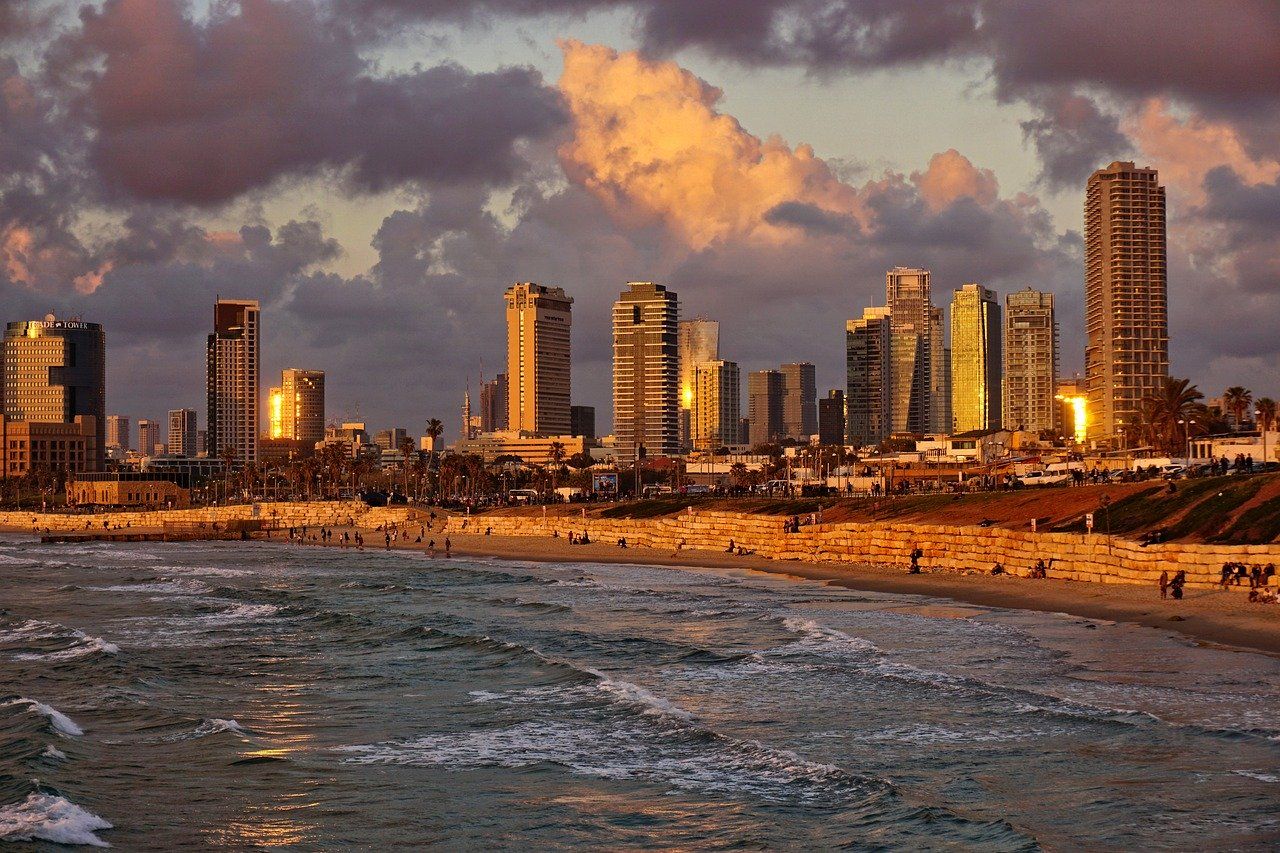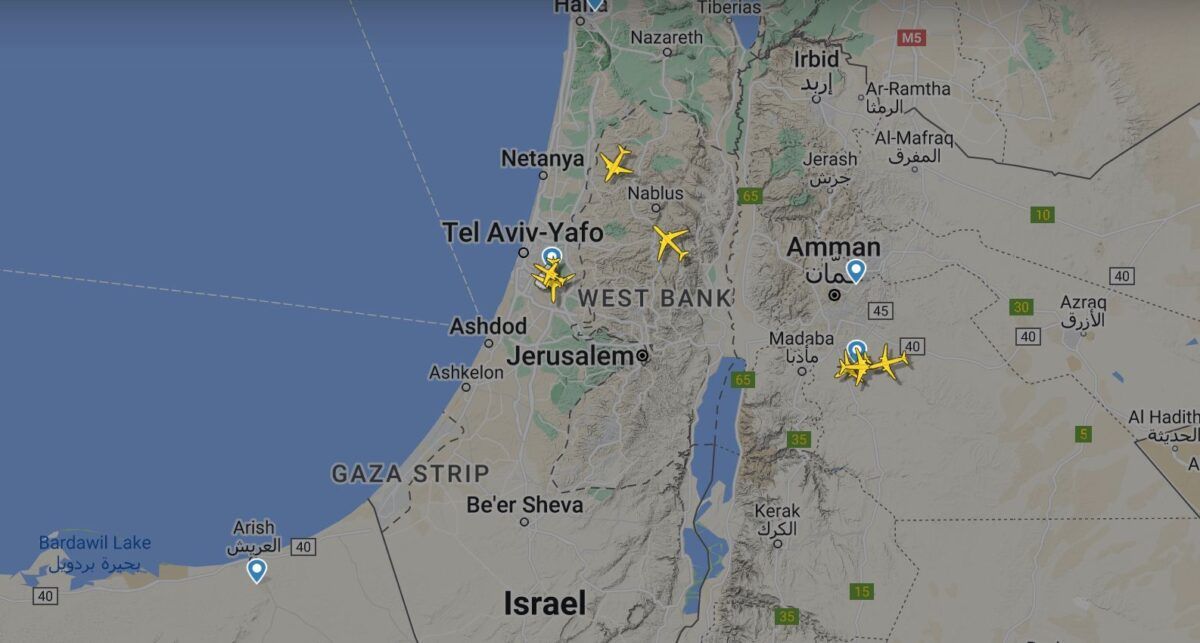Air Seychelles is set to operate 20 flights on the Tel Aviv route from Thursday, September 21 to Friday, October 6, in response to the increased passenger demand during the upcoming Israeli holiday, Sukkot.
The airline announced that the Sukkot celebrations, marking the second-largest holiday period in Israel after Passover, necessitate the increase in flights. This year, the annual Sukkot festival is scheduled from September 29 to October 6.
To accommodate the surge in travelers, the airline’s usual twice-weekly commercial flights will be augmented to five per week. Additionally, several charter flights will operate from Tel Aviv to Maldives and Mauritius. Charles Johnson, the airline’s Chief Commercial Officer, highlighted the significance of the Israeli market for Seychelles, noting that over 10,000 Israelis have visited the destination this year. “We anticipate carrying over 2,300 passengers to and from Seychelles during this period plus over 1,100 passengers to the Maldives and Mauritius,” he said.
To meet the robust demand, Air Seychelles has chartered additional aircraft. The airline launched non-stop flights between Tel Aviv, Israel’s most populous city, and the island nation in November 2019. It normally serves the city with twice-weekly flights, adding additional flights during the peak season. Despite the challenging economic environment in the region, the forecast for the rest of 2023 remains strong.
Air Seychelles, the national carrier of Seychelles, has been in operation for over 45 years, offering regional flights from its home in Mahe to various destinations including Colombo, Tel Aviv, Johannesburg, Mumbai, and Mauritius, utilizing its fleet of Airbus A320NEOs.
Sukkot Festival
ukkot is a significant Jewish festival that commemorates the forty-year period during which the children of Israel were wandering in the desert, living in temporary shelters. It is also a harvest festival and is sometimes referred to as Chag Ha-Asif, the Festival of Ingathering.
Dates
Sukkot lasts for seven days, with the first day being observed as a holy day with special prayers and no work permitted, similar to the Sabbath. The following intermediate days are called Chol Hamoed. The festival concludes with another special day known as Hoshana Rabbah.
Practices and Traditions
Sukkah: During Sukkot, participants build a sukkah, a temporary hut or booth, covered with plant material such as palm fronds. It is customary to eat meals and spend time in the sukkah, and some people even sleep in it.
Four Species: A central ritual of Sukkot involves the Four Species (Arba Minim), which are etrog (a citrus fruit), lulav (a palm frond), hadass (myrtle branches), and aravah (willow branches). These are shaken together in a specific ceremony each day of the festival.
Hospitality: It is a tradition to welcome guests into the sukkah as a part of Ushpizin, symbolizing hospitality, and to remember the importance of helping the less fortunate.
Joyful Celebration: Sukkot is also known as Z’man Simchatenu, the Season of Our Rejoicing. It is a joyful festival, with singing, dancing, and feasting.
Significance
Sukkot has dual significance: historical and agricultural. Historically, it commemorates the period of wandering in the desert after the Exodus from Egypt, symbolizing reliance on God’s protection and provision. Agriculturally, it celebrates the harvest and is a time to give thanks for the abundance of crops.














